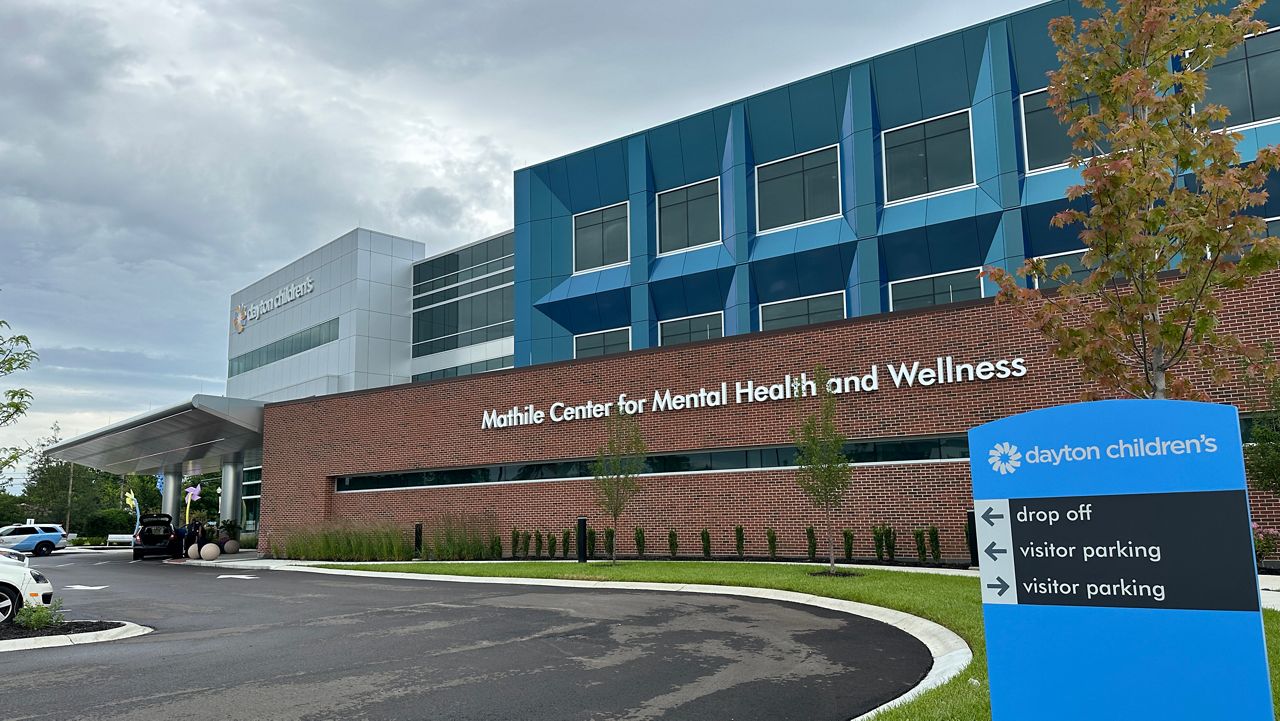CLEVELAND — The U.S. has one of the highest infant and maternal-mortality rates compared to other first-world countries, according to the National Institute of Health.
Those rates are even higher in Cuyahoga County, but a new grant is helping to expand a program that helps moms and their babies thrive.
“To say that I was alone was probably an understatement,” said Danielle Grantham, who had her first baby when she was 22.
She said there were so many things she didn’t know.
“Honey — I would have never ever thought of that. You can’t give honey to a baby before they’re one,” she said.
Grantham found a place that answers her questions and makes her feel empowered.
“What we see most often is a lack of support,” said Maria Rush, nurse supervisor for Nurse-Family Partnership at MetroHealth medical center.
The program partners expectant moms with a nurse who does home visits.
“I no longer have to ask, ‘Do you smoke?’ I’m asking, ‘Who’s in here smoking?’” Rush said.
The program pairs nurses with low-income expectant moms who are at risk of preventable pregnancy complications and poor birth outcomes.
It connects them to resources, provides education and teaches women to advocate for themselves.
“We will connect them with information on just about anything, anything that helps them move in a more positive direction,” Rush said.
The program used to only serve first-time moms but recently received a $500,000 grant to extend their services. It now serves moms regardless of whether they’ve been pregnant before. Nurses visit the moms every week while pregnant, but it doesn’t end there.
“We move back to weekly when the baby is actually home to try to give them the support they need,” Rush said.
Moms graduate from program when the baby turns 2.
Not only did Grantham have support, but she was also getting correct information.
“There’s a lot of, ‘oh, put cereal in your baby’s bottle,’ but you shouldn’t do that because their stomachs aren’t ready,” Grantham said.
She said having a professional to ask questions to beats having to Google things.
“To have someone in your circle who’s there to support you is life changing,” Grantham said.







